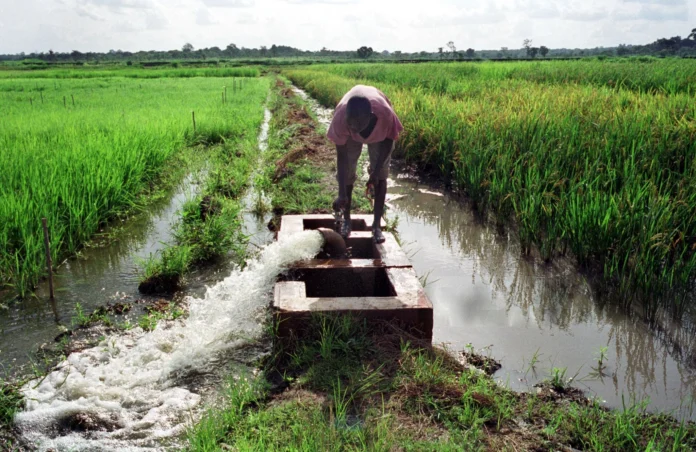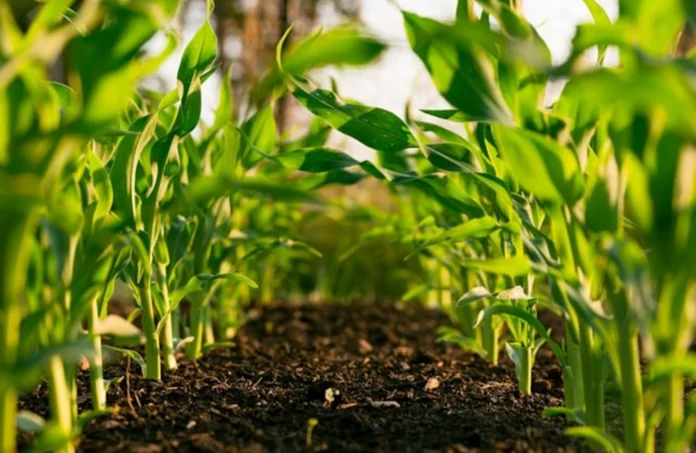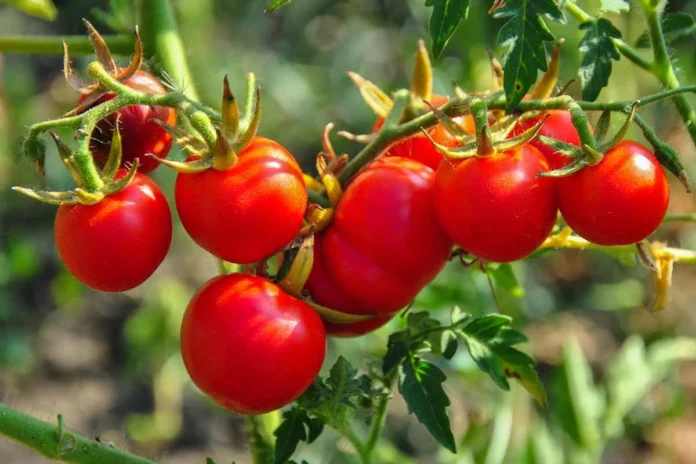Arabfields, Algiers, Algeria — The Algerian state grains agency, the Office Algérien Interprofessionnel des Céréales (OAIC), is reported to have purchased approximately 600,000 metric tons of milling wheat in an international tender that closed on October 22, according to European trading sources familiar with the matter.
This transaction represents one of Algeria’s largest wheat acquisitions in recent months. The final volume falls at the upper end of market expectations: initial trader estimates on Wednesday evening ranged between 500,000 and 600,000 tons. By Thursday morning, most participants had converged around 600,000 tons, although a few cited slightly lower figures, around 580,000 tons.
The wheat was reportedly bought at US$258.50 per ton, cost and freight (C&F) included, a level consistent with estimates circulated earlier in the week. The price reflects recent stability in global milling wheat markets, following a summer marked by sharp volatility due to uncertainty over Black Sea exports and rising shipping costs.
According to traders, most of the cargoes will be sourced from the Black Sea region, primarily Romania, Bulgaria, and Ukraine, three origins that have strengthened their position in North African markets through competitive pricing and improved export logistics.
The OAIC tender included optional origins, a standard clause in its purchasing procedures that allows the agency to maintain supply flexibility. Argentine wheat was also mentioned as a potential source given its competitive prices, but shipping deadlines make this option unlikely.
For European and Black Sea origins, the scheduled shipment periods run from December 1–15 and December 16–31. For wheat originating from South America or Australia, deliveries must take place one month earlier, between November 1 and November 30, in order to meet OAIC’s arrival requirements. As a result, Argentina’s new crop is not expected to be available in sufficient volumes for these shipment windows.
Notably, this tender appears to have excluded French wheat, historically Algeria’s main supplier. Although OAIC has issued no official confirmation, several trading sources indicate that no French-origin offers were awarded.
This absence comes amid ongoing diplomatic tensions between Algiers and Paris, following France’s 2023 decision to recognize Morocco’s sovereignty over Western Sahara, a move sharply criticized by Algerian authorities.
In recent months, market observers have noted that OAIC has systematically excluded French wheat and companies from its import tenders, while maintaining that its procurement decisions remain “purely commercial.” Many traders, however, see the pattern as politically motivated rather than economic.
From a pricing perspective, French wheat remains highly competitive. Offers for December shipment are currently estimated at US$226–229 per ton free on board (FOB) for French, Russian, Romanian, and Ukrainian origins.
“At $258.50 per ton C&F, OAIC could easily have purchased French wheat,” one European trader said. “This isn’t about price, it’s about politics.”
Algeria ranks among the world’s top five wheat importers, with annual imports typically ranging from 7 to 8 million tons, depending on domestic harvest results. OAIC’s purchasing decisions are therefore closely watched by global traders, as they significantly influence trade flows and pricing trends across the Mediterranean region.
This latest purchase reinforces the rising prominence of the Black Sea region in supplying North African markets, at the expense of traditional European origins. It also underscores how geopolitical shifts and logistical considerations are reshaping global grain trade patterns.
Further details regarding supplier breakdowns, shipment allocations, and financing terms are expected to emerge in the coming days as OAIC finalizes contracts with the awarded exporters.












